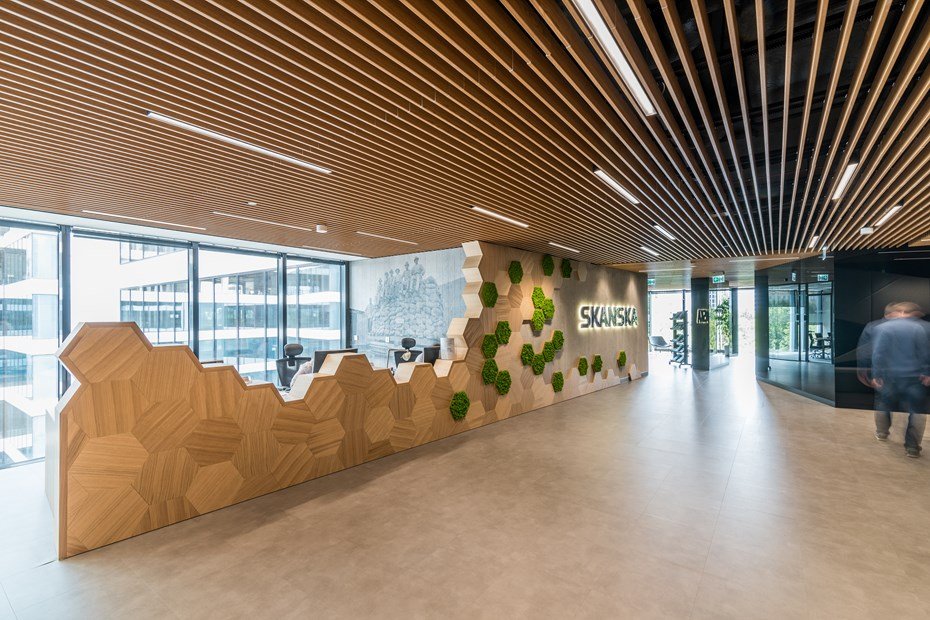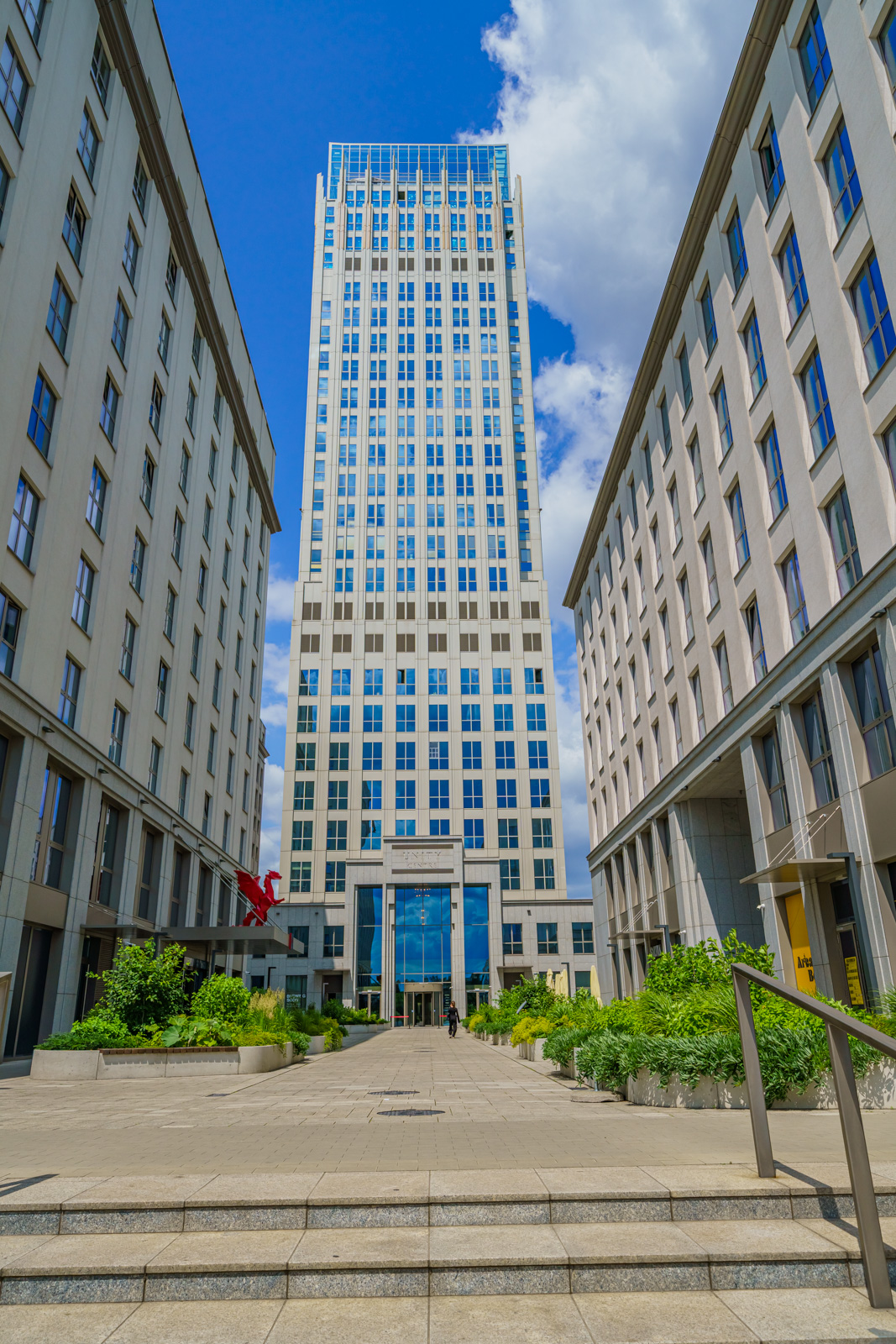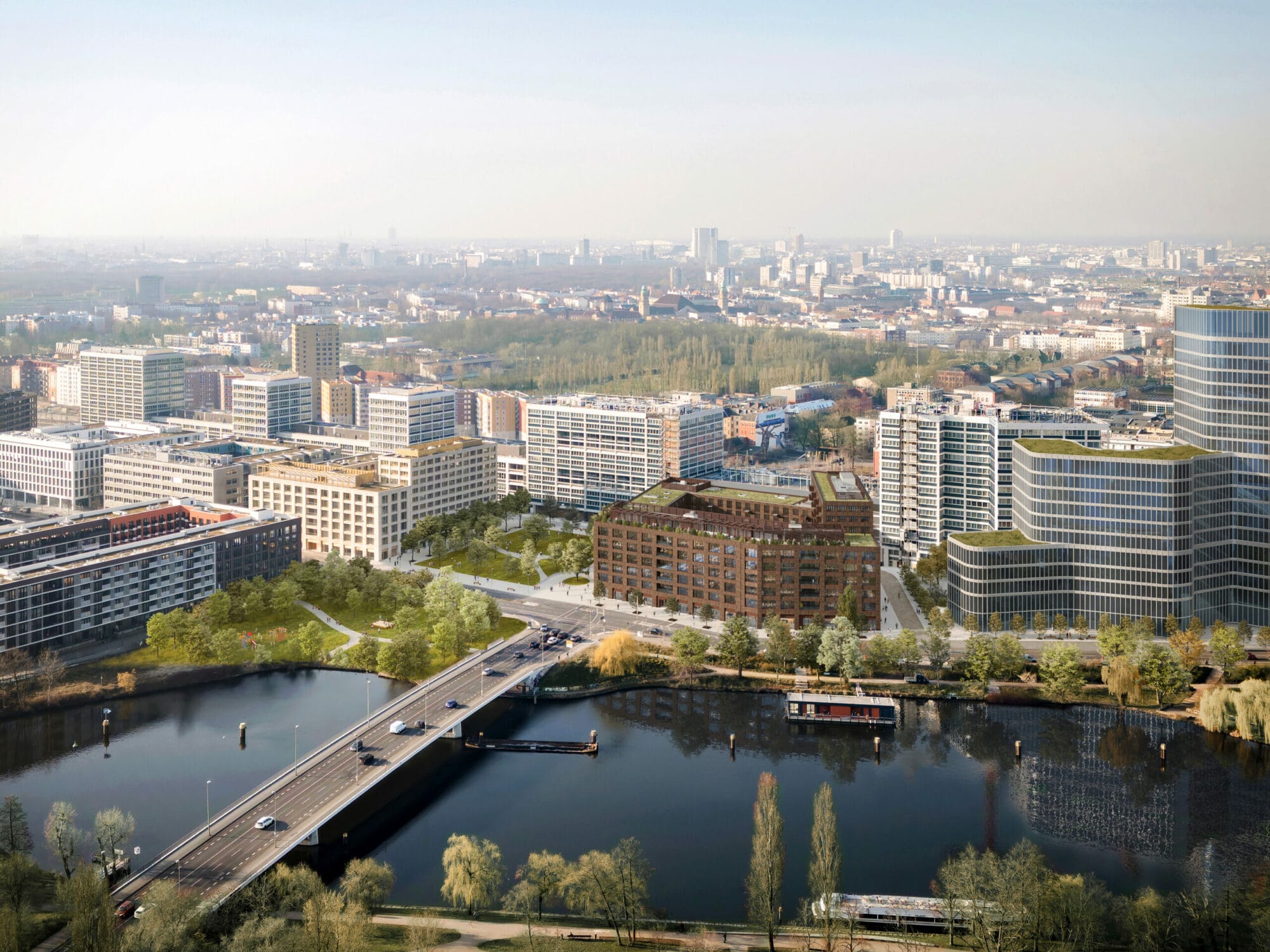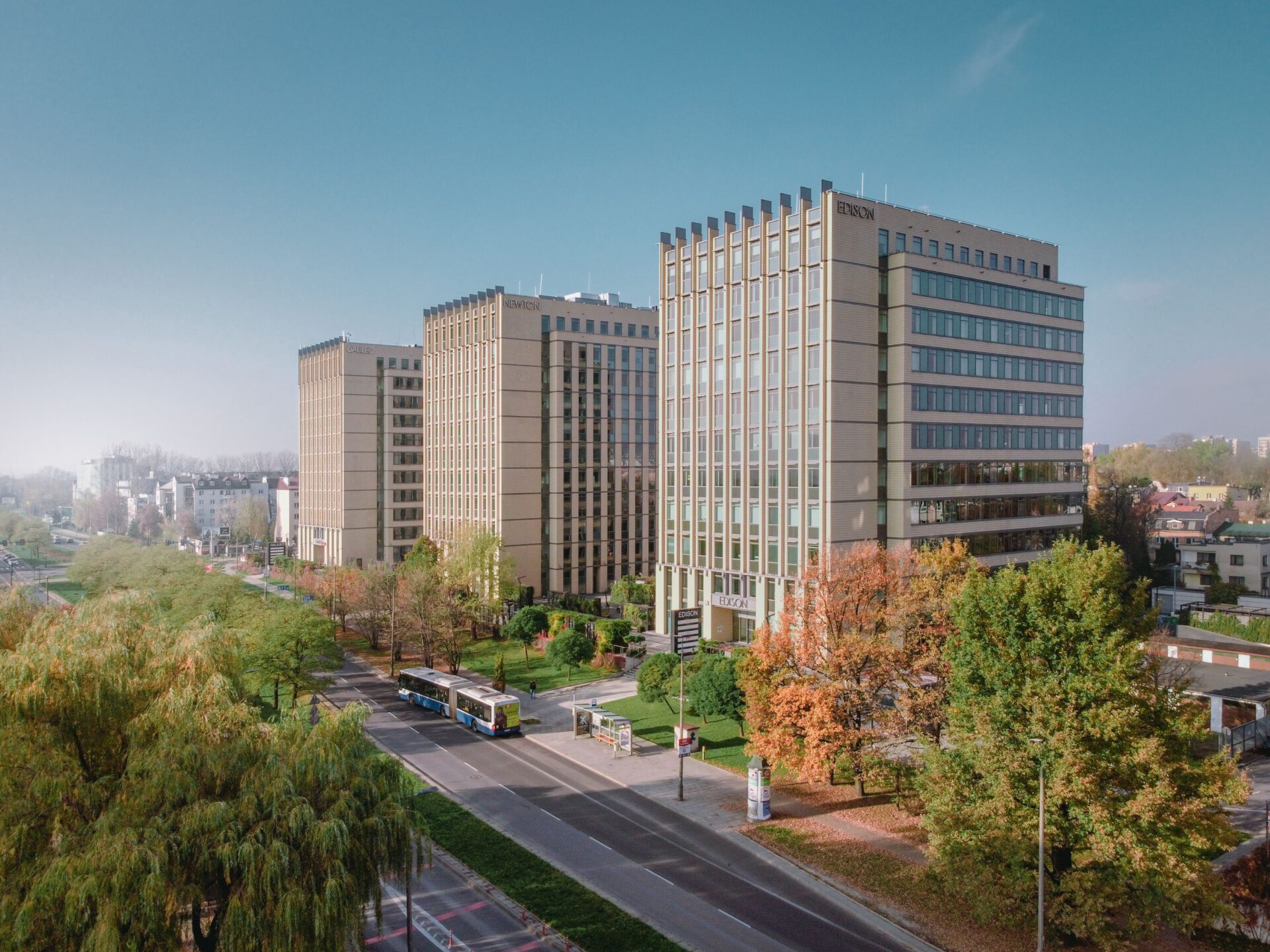According to Skanska’s survey among people in CEE, nowadays nearly half of office workers in Poland, Romania, Hungary, and the Czech Republic go to the office every day, and now they have specific preferences regarding their workplace. These include a quiet space and high office standards (e.g. safety, relaxation, working in the open air), which are the most frequently indicated key factors in the region that motivate people to work from the office.
The study analyzes the responses of 2,000 employees from four Central and Eastern European countries – Poland, the Czech Republic, Romania and Hungary. Its main aim was to gather data concerning, among others, the perspective of the employees in terms of their workspace conditions and thus, the future of office spaces.
The current situation of working in CEE and Romania
Currently, almost half of all the respondents in the CEE (48 percent) work from the office every day, the same percentage being valid for Romanian employees who have returned to their workplaces. 18 percent of Romanian employees work in a hybrid model, with 3 or 4 days a week in the office, while 20 percent of Romanian employees work only from home.
Top choice: hybrid model with office work dominating
The survey shows that the home office is not an ideal solution in the eyes of employees when it comes to CEE in general –more people would prefer to work only from the office in comparison to those who prefer only the home office.
As it turns out, however, the region is heading towards a hybrid model with office work dominating – for 51 percent of the employees surveyed, the ideal working model involves at least 3-4 days a week working from the office. This trend is visible in all CEE countries.
Specifically for the respondents from Romania, 27 percdent would like to work in the office at least 3-4 days a week, this being their ideal working model, while 22 percent of them would like to work exclusively from the office and 19 percent would prefer to work only from home.
Offices need to offer more than before
The necessity to switch to a home office has naturally changed the daily routine for many people. The most advantageous aspects of homework listed by CEE employees include the ease of organizing family life (51 percent), good working conditions at home (48 percent), and saving time on commuting to the office (45 percent).
According to the study, for Romanians especially prevail the good working conditions at home (53 percent), followed by the time saved once they no longer have to commute to the office (51 percent) and thirdly they mentioned how remote work allows them to organize their family life easier (49 percent).
“The pandemic has played an important role in determining the future of office spaces and started to shape new needs among employees, who now have different expectations and desires regarding their workspaces. Offices need to reinvent themselves and adapt to the new context. People want an office space that can provide increased comfort, high-quality IT equipment, and high sanitary standards. Entertainment and relaxation during lunch breaks are also becoming more important among employees, as is the opportunity to work outdoors. This study has allowed us to understand the needs of Romanian employees in the context of CEE and they will certainly become important benchmarks for both employers and developers in the coming period,” says Anne-Marie Diaconu, Leasing & Asset Management Director within the development division of Skanska CEE in Romania.
The study notes several differentiators in terms of what would motivate employees in the four countries to return to the office: for Romanian employees, the most important thing is for the workplace to reach high-quality standards, including sanitary ones and the possibility to relax and work outdoors, while for Polish employees, a first motivating factor would be the possibility to use the restaurants or canteens at the employer’s expense. Employees in the Czech Republic and Hungary, on the other hand, want to work in a quiet place or individual, separate rooms for work. Hungarians would also appreciate free parking spaces.
Desired office: comfort, safety, and good IT connection
Among the first three indicators of an ideal office for Romanians are very good quality IT equipment (39 percent), green, open spaces for work and relaxation (33 percent), and cafes, canteens, or restaurants that offer tasty and healthy food. Other crucial aspects include a quiet space that allows concentration (32 percent), professional lighting that does not tire the eyes (27 percent), separate or individual workspaces (18%), as well as spaces dedicated to creative work or simply socializing with the team (18 percent).
“New employee expectations will shape the way office buildings will be managed from now on, with an increasing focus on hospitality aspects. Therefore, we are heading towards high-quality spaces, which provide facilities concentrated around the concept of well-being: from air and lighting to sanitary standards, green areas and recreational spaces, access to healthy food. The results show that, especially for Romanians, these are extremely important. Green areas and high sanitary standards weigh the most in the decision of returning to the office. The Care for Life Office Concept implemented by Skanska and the WELL Health & Safety Rating certification attests to our concern in this regard. They recognize the ability of Skanska buildings to function adapted to these new times and needs, offering solutions ready to make employees always feel good and safe”, adds Anne-Marie Diaconu.
Among the barriers that Romanians have regarding returning to the office are the impossibility of serving a warm and healthy meal at work (14 percent), 17 percent do not want to spend their time in a confined space with air conditioning, and 26 percent fear of getting the virus once they return to the office.
The study also confirms the great importance of safety issues. The results show that high sanitary standards can encourage working in the offices, while lack of them causes fear of contracting the virus. Daily disinfection of the office (41 percent), lower population density (37 percent), and non-contact solutions (37 percent) are the main factors that would positively affect employees’ sense of safety in the office.
About the study:
The study was conducted by the research and analysis company Zymetria on behalf of Skanska. As part of the quantitative online survey using the CAWI method, responses were collected from 2,000 office workers living in large cities in four countries – Poland, Romania, the Czech Republic, and Hungary.







